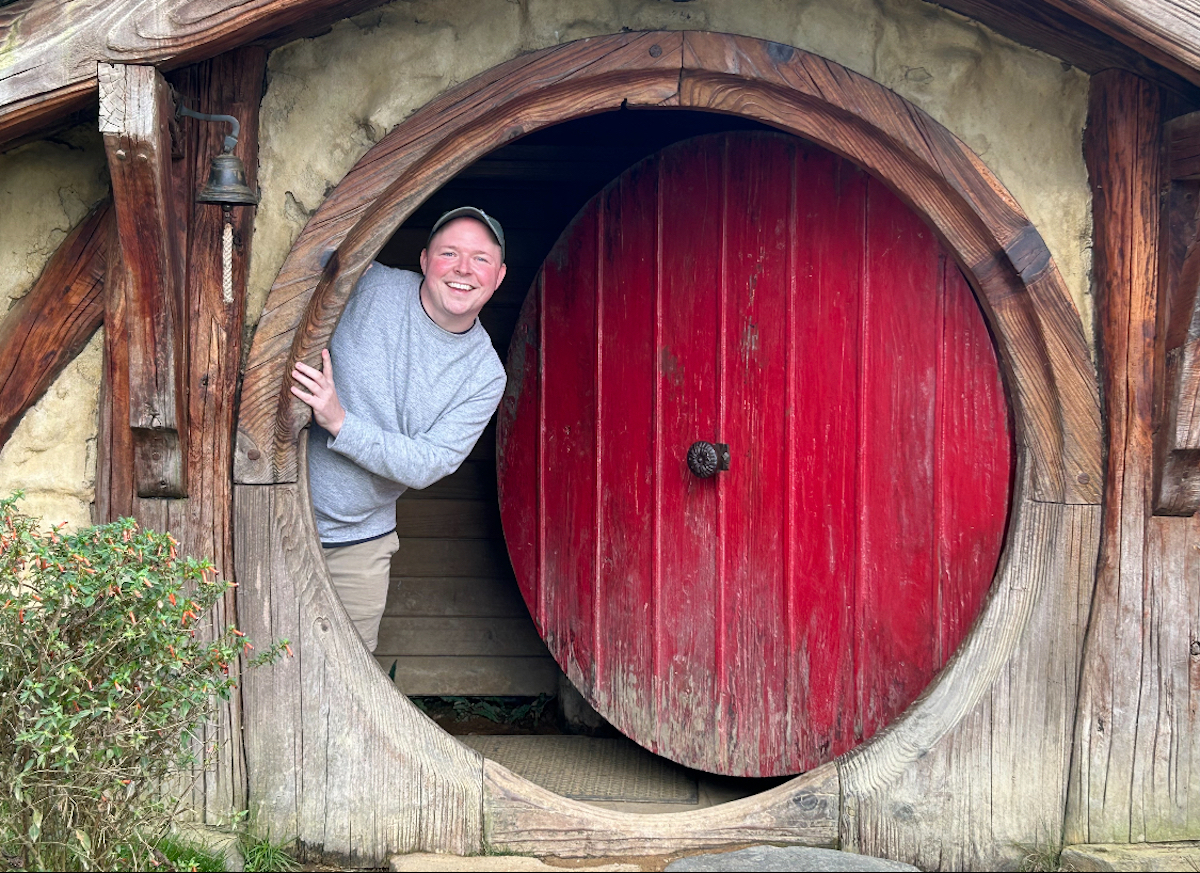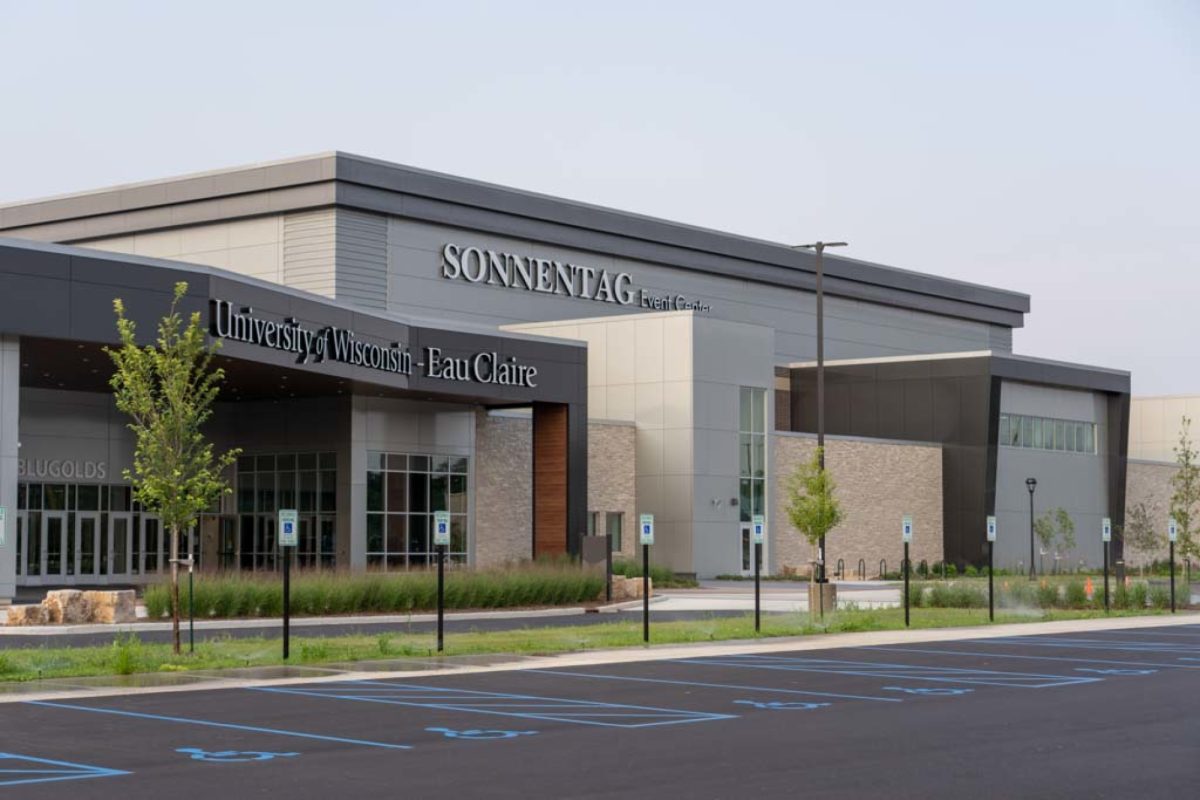In order to graduate from UW-Eau Claire, students must meet their service-learning hours, a requirement that can only be seen at a handful of public universities across the nation.
The program came about during a curriculum reform in 1995, according to Director of Service-Learning Don Mowry, who was on an organizing committee during the process.
“Higher education was trying to reform their goals and get more integrated, intentional learning, and what’s come out of that is support for high impact practices,” Mowry said. “In terms of the National Study for Student Engagement, service-learning has come out to be fairly significant, both at freshman and senior level.”
Students can choose to do two 15-hour projects for two separate organizations or one 30-hour project for just one organization. Students can also change their 15-hour project to a 30-hour if they like the organization they first chose and want to continue their work.
Jacob Deutsch, a senior elementary and Spanish education student, fulfilled his 30 hours of service through a study abroad program in Costa Rica.
Deutsch and the students he traveled with completed their project in an indigenous community by helping residents start organic gardens, repairing fences and teaching English to children.
“I thought I’d be actually working in a school, but using the old tools and no technology, it was a lot different than here because people don’t want to do anything labor intensive,” Deutsch said. “It really opened my eyes to other cultures.”
To get credit for service-learning hours, students are required to first find a faculty advisor to oversee their plans.
Before and after completing their project, students must fill out online surveys so their advisor is able to gauge their growth.
Leah Cock, a sophomore psychology student, has done community service before college; she said she has yet to get around to finding a project for the service-learning requirement.
“Nothing is holding me back, I just keep forgetting,” Cock said.
Although Cock hasn’t started her project hours, she said she would be interested in helping out at a homeless shelter or the humane society. Cock also said she sees the importance of having a service-learning requirement at a university.
“It teaches students they aren’t just a small part of UW-Eau Claire but a bigger community,” Cock said.
Gabrielle Schauff, a sophomore business administration major, just transferred to Eau Claire from UW-Madison.
To better educate herself on the organizations in the area that benefit from student volunteering, Schauff attended the Community Action Fair yesterday
on campus.
Coming from a university without a service-learning requirement is a transition for Schauff, but she said she understands
why it exists.
“We as students need to stay active and connected with the community,” Schauff said. “I think it’s positive to have fun meeting new people and helping them out.”
When asked to give advice to students like Cock and Schauff, who have yet to start, Deutsch said to get out and start
the project.
“Just do what your interests are and you’ll be fine.”






